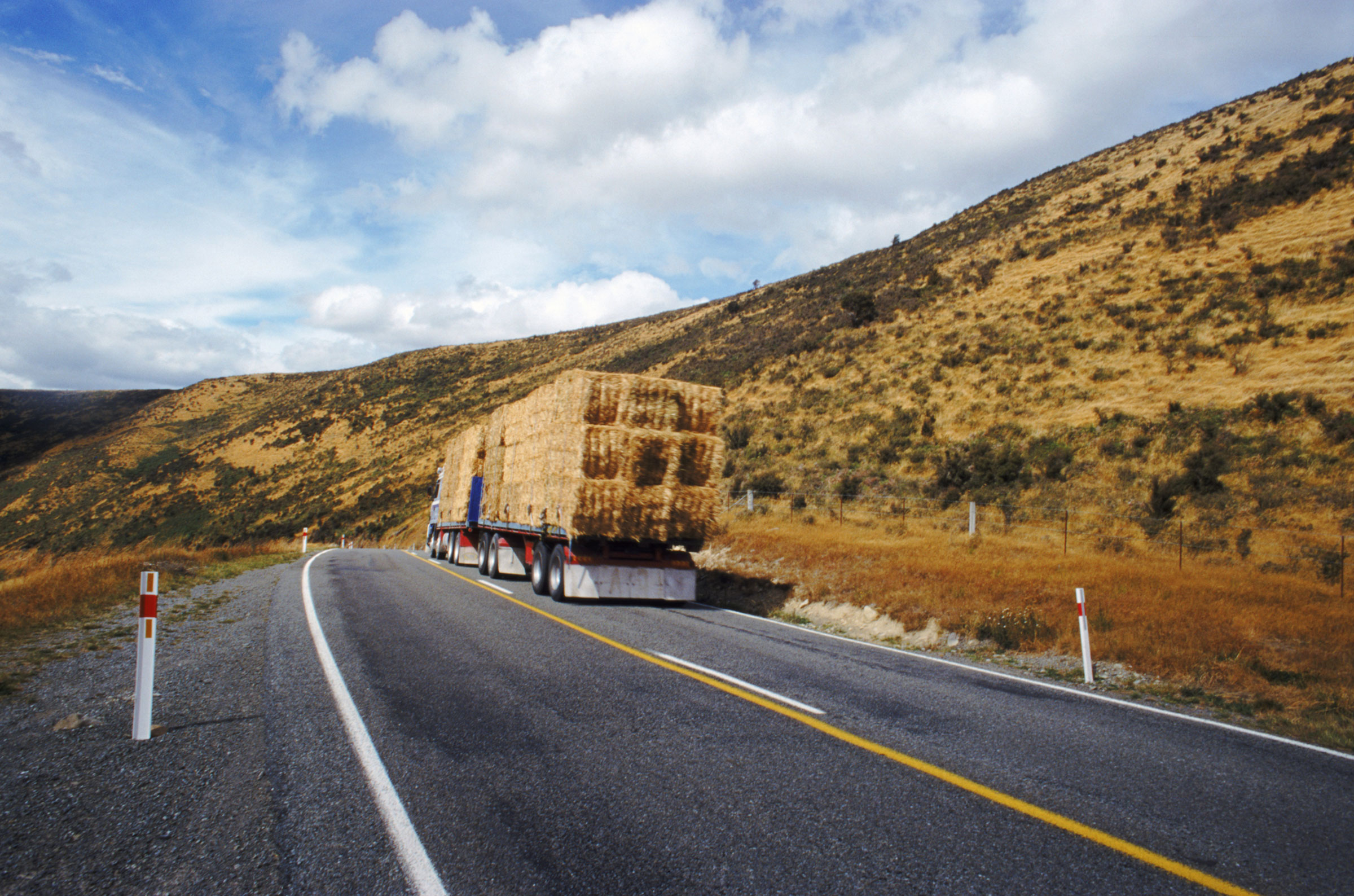
Locally grown hay is a convenient option for getting your horse hay each year. It’s less expensive for delivery, and you have a chance to see the hay before it’s delivered. Depending on how close the fields are to your barn, you might even be able to watch it grow in the fields, get cut, dried and baled, and go pick it up yourself.
But local is is not always an option. Erin Zaorski, who owns Bright Star Farm in Layton, New Jersey, travels more than two hours to pick up the high-quality alfalfa she feeds to her broodmares, babies and horses in training.
“Good-quality alfalfa is not available in my area. Good hay is always worth a road trip,” she said.
Buying hay from an out-of-town supplier means it’s not always possible to see it before you buy it. One way to determine the nutrient level before a truckload of hay arrives is to ask the grower to send it out for an analysis or ask to send samples out for analysis. That provides insight into the protein level and other nutritional information.
“I breed horses, and pregnant mares can’t eat fescue hay within the last 90 days of gestation,” she said. “When I first start with a new supplier, I send the hay to get tested to make sure it’s fescue free.”
Establishing a long-term relationship starts with the obvious—paying the bill. But there are other ways to make sure you stay at the top of a grower’s list. Communicate the amount of hay you’ll need and pick it up in a timely manner.
“I’ve noticed that buying your hay up front and not asking the supplier to store your hay all year round helps in building the relationship,” she said. “That’s hard, because a lot of people don’t have that kind of money up front. Most farmers do appreciate when people buy bigger loads at a time rather than 50 bales a month.”
You also might work with a hay broker who deals with growers in other states and brings in large amounts of hay at one time. You might be able to co-op a tractor-trailer load of small bales of hay from out-of-state growers with some of your horse-owning neighbors to reduce the transportation costs. The broker might even have a spot to store your hay if you don’t have the room for larger loads delivered all at once.
But beware of the old switcheroo if you purchase hay and have it stored off your property. Sometimes your “good” hay gets sold and replaced with something of a lesser quality. That is where having a reliable hay broker is critical.
And you might consider if you have the ability to feed from large square bales rather than purchasing small bales. Often the cost per ton is less with the large square bales, but the quality is the same.
Buying large quantities at one time might not fit every budget and is impractical for barns with limited storage. Having a conversation with the grower and being up front about your needs and what you’re able to do goes a long way in developing a relationship that keeps your horse’s belly full year-round.


